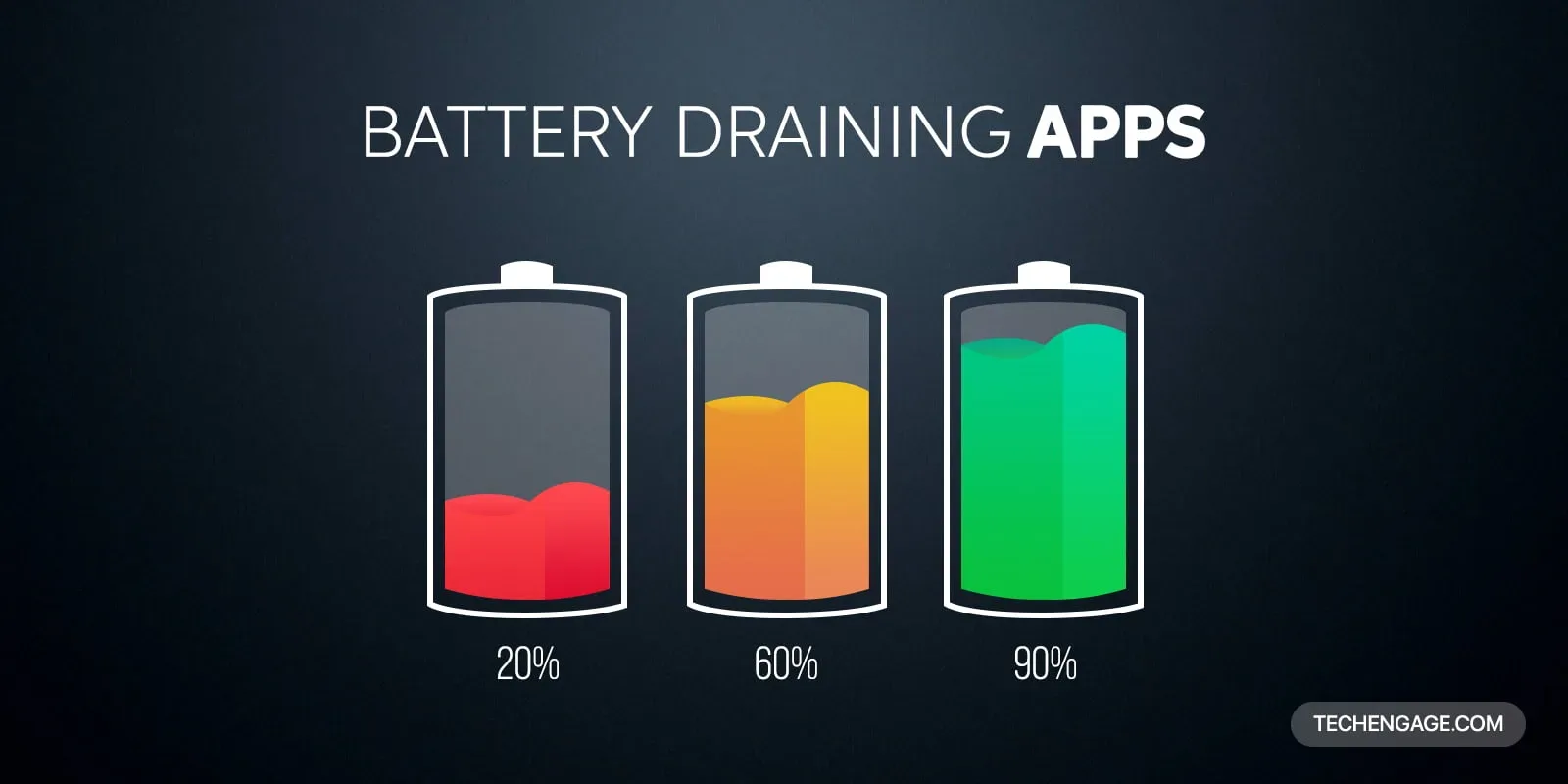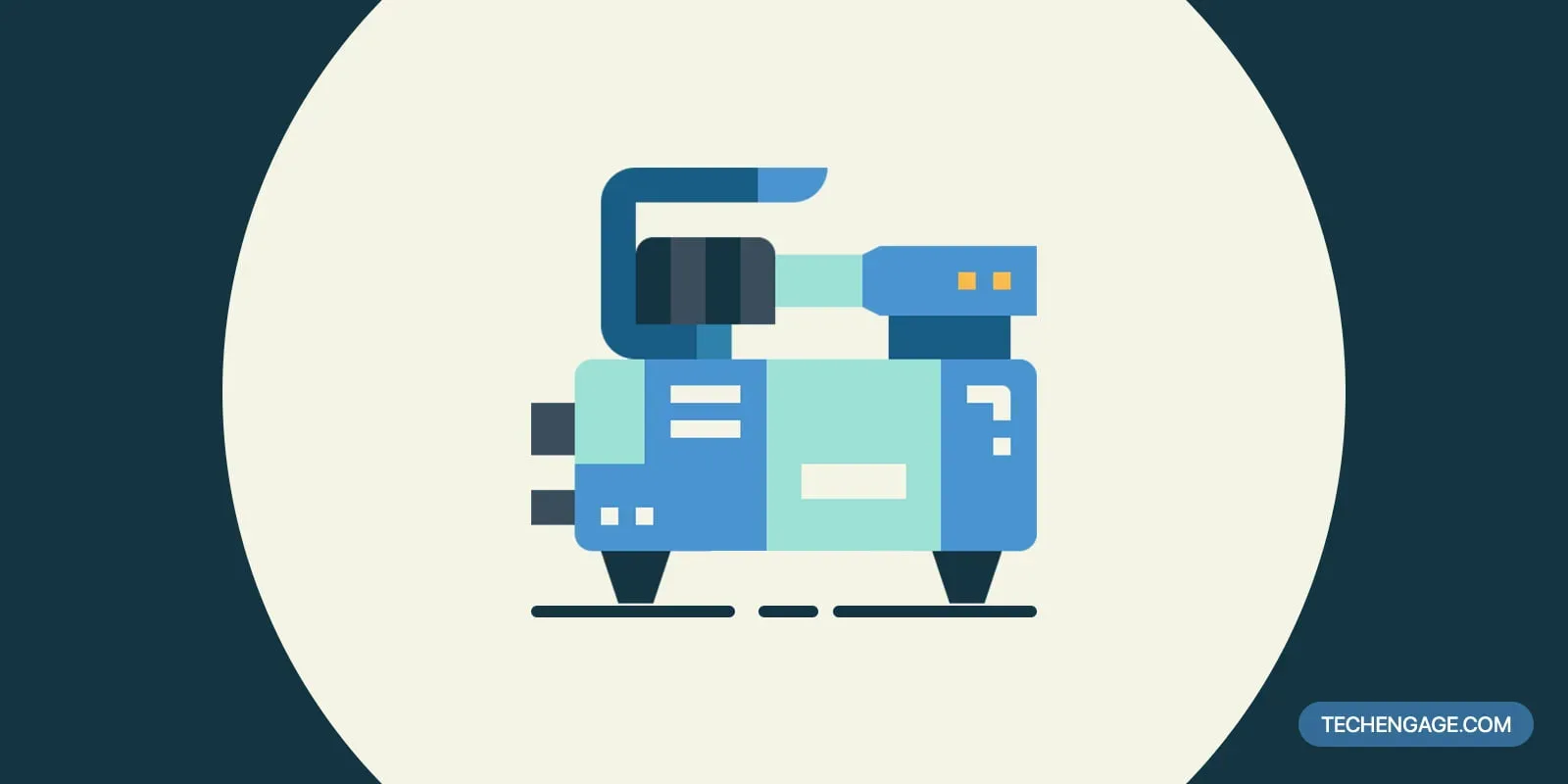Facebook is in the news again, and not in a good way, again. The social network has been caught up in another scandal, secretly paying people to install a “Facebook Research” app that lets the company suck in all of a user’s smartphone and browsing activity.
This is akin to Facebook’s Onavo Protect app that Apple banned in June. But Facebook sidestepped Apple’s ruling by paying teens and adults to use the Facebook Research app. The individuals would give the app root access to incoming and outgoing network traffic that directly violates Apple’s privacy policy.
The app would decrypt and analyze users’ smartphone activity when it was given root access. Facebook has been trying this manipulative and outright illegal strategy since 2016. The social media giant has been paying users ages 13 to 35 up to $20 per month plus referral fees to sell their privacy by installing the iOS or Android “Facebook Research” app.
It is alarming how little our privacy matters to Facebook as the company is paying practically peanuts to harvest user data. The program is handled by third-party beta testing services Applause, BetaBound, and uTest to mask Facebook’s involvement. The project is referred to as “Atlas” in some documents.
Facebook can do a lot of damage if users provide the access that the company desires. According to TechCrunch’s source, Facebook will have access to private messages in social media apps, personal chats from instant messaging apps, including photos or videos sent, emails, web searches, web history, and even users’ location by extracting data from location tracking apps. The company even asks users to send screenshots of their Amazon shopping history via the app.
It is another sad attempt by Facebook to maintain its dominance, which despite all of their ethics drama is still unrivaled, at least for now.
Some wonder if Apple might eventually have to block Facebook if the social network continues on this path, or just revoke its permission to offer employee-only apps. It is safe to say Facebook doesn’t care about its reputation anymore and is even willing to sever its relationship with Apple. But in that case, other tech giants might be willing to follow.
Apple’s CEO Tim Cook has repeatedly criticized Facebook’s data collection methods and this disregard for Apple’s privacy policy just adds fuel to the fire.
The company first got into spyware back in 2014 when it acquired Onavo for around $120 million. Back then Onavo was just a VPN that allowed users to track and minimize their mobile data plan usage. But Facebook used it for other nefarious purposes such as keeping a track of what apps people were using on their smartphones.
According to internal memos obtained by Charlie Warzel and Ryan Mac of BuzzFeed News, Facebook was able to use Onavo to discover that smartphone users were using WhatsApp to send more than twice as many messages per day as Facebook Messenger.
So we can assume that this insight was crucial in acquiring Whatsapp for the eye-watering price of $19 billion back in 2014. Facebook did not waste any time as both Onavo and Whatsapp were bought in the same year. It is highly unlikely that this was all a big coincidence.
It is unclear what Facebook wants with the data it will acquire from the Research app, but it’s not much of a leap to say the very least they want to do is sell it to advertisers. In the end, Facebook is only concerned with one thing and one thing only, and that is money.



